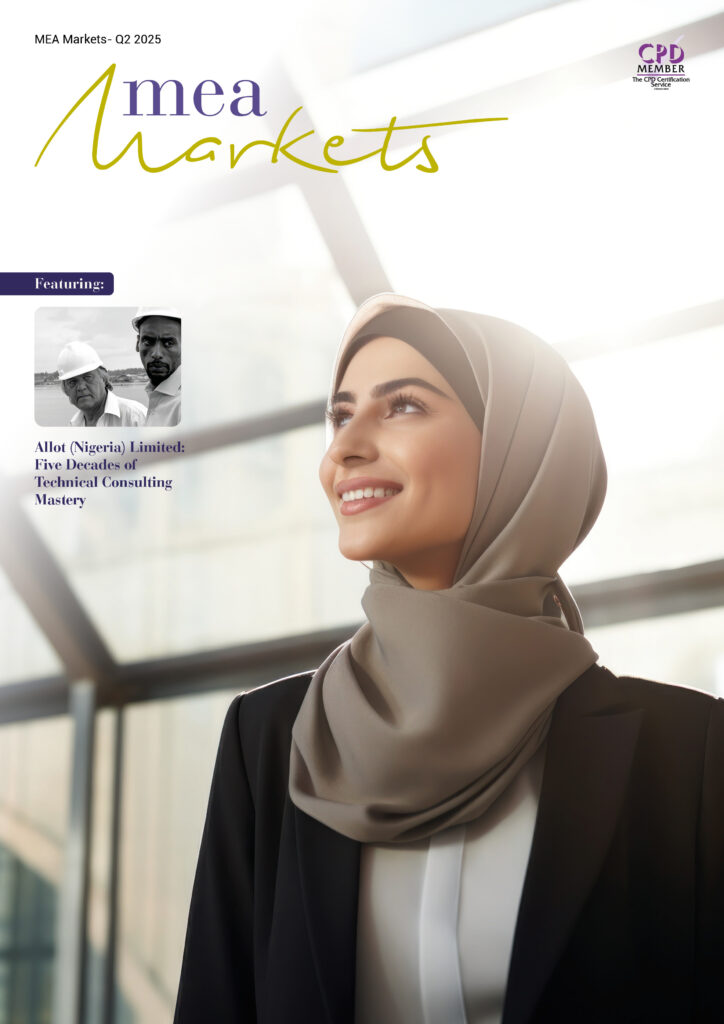Founded in May 1981 in Saudi Arabia’s Riyadh, the oil-rich Gulf Cooperation Council (GCC) countries are renowned for trade, investment, and regional unity. Among the six nations that make up the GCC, Saudi Arabia and the United Arab Emirates (UAE) enjoy the largest and fastest-growing business economies.
Even Qatar is closely competing as its Doha steadily ranks as a leading business hub. Besides oil and gas, some of the top industrial sectors operating within these countries include technology, tourism, healthcare, and hospitality.
The World Bank Group expects the hydrocarbon sector to expand by 1.3% in 2024. In all of these industries, health and safety compliance will be a priority for companies. However, they will likely take up different forms and goals. This article will discuss the generic regulatory guidelines for health and safety that GCC employers are expected to follow.
The Importance of Getting Health and Safety Right
Governments across the GCC countries place tremendous importance on health and safety compliance. They actively monitor whether or not companies are adhering to Health, Safety, and Environment (HSE) regulations. These would cover topics surrounding –
- Protection of the environment and its damage or pollution
- Occupational health and safety
- Public health and safety
Some countries may have specific health and safety guidelines that employers in particular sectors must adhere to. For instance, companies across Bahrain’s healthcare sector must comply with the National Health Regulatory Authority’s standards.
If any employer is found violating health and safety guidelines, they will expose themselves to civil or even criminal prosecution. This has been enforced for good reason so that –
- Employees stay protected and in good health
- Companies can avoid legal risks and enhance their market reputation
- Cost reduction happens due to decreasing risk of accidents and penalties
- A positive work environment can be fostered to boost employee productivity and encourage loyalty
Health and Safety Regulations Mandated Across GCC Countries
In essence, we would state that GCC companies must not view prosecution risks as their motivating factor for health and safety compliance. It is the list of benefits mentioned after that should incentivize businesses to follow the mandated health and safety regulations. These cover the following areas.
Chemical Safety
Employers dealing with hazardous or toxic chemicals must ensure that they are packaged, stored, and transported safely. Workers are required to wear the relevant safety gear at all times while handling the dangerous chemicals.
Hands and work surfaces must be thoroughly cleaned once per shift after chemicals are handled. In some cases, companies may have to look for safer alternatives, as is the case with per- and polyfluoroalkyl substances (PFAS).
A recent study found that this group of over 12,000 complex synthetic chemicals has not been analyzed thoroughly across the GCC region. For instance – Kuwait still has no validated methodology for PFAS analysis. Also, more research is needed for PFAS elimination.
However, employers can take cues from the West to carry out safe PFAS handling and storage and search for alternatives. This is essential because these chemicals are used in a range of products, including Class B firefighting foam (Aqueous Film Forming Foam or AFFF) and non-stick cookware. According to TorHoerman Law, regular exposure has caused firefighters to develop conditions like cancer.
At least in the US, injured military personnel can use the Veterans Affairs or VA claims for AFFF exposure if a disability is involved. They can even file lawsuits against PFAS manufacturers like 3M and DuPont. The same is in the case of firefighters suffering due to prolonged exposure.
Though risks are known in the Middle East, no active litigation exists. However, one thing is certain: a complete and permanent PFAS ban is on the horizon. In the meanwhile, employers must ensure blanket chemical safety standards are strictly complied with even in the case of PFAS.
Hazard Risk Assessment
Hazard risk assessments are conducted from the viewpoint of identifying potential hazards and controlling them on time. The aim is to rank, evaluate, and discover regulatory or legal risks that may harm the organization in the future.
This means the most crucial resources of the company must be allocated towards the major hazards. As organizations identify hazards on time, they can prioritize them, record findings, and reduce the severity of consequences.
Safe Working Equipment and Environment
A third guideline compliance for employee health and safety is a safe working environment along with equipment. GCC countries have introduced numerous measures to ensure a safe working environment. These would include –
- Employers must not compel construction workers to work during the hottest hours of the day.
- Employers must provide employees with all the necessary personal protective equipment (PPE), including goggles, helmets, gloves, and more.
- Safety measures must be in place to keep workers safe from hazards.
- Companies with 50 employees or more must conduct regular health examinations.
- Workers must be given thorough safety training to use heavy equipment or machinery.
So we saw that since employee health and safety is of utmost importance, the GCC countries have distinct and strict guidelines in place. The Arab member states also follow a zero-tolerance policy in terms of crime. The robust emergency response system further helps create a safe and balanced work environment.
When employers comply with the guidelines discussed in this article, it becomes easy to promote worker health and safety.























